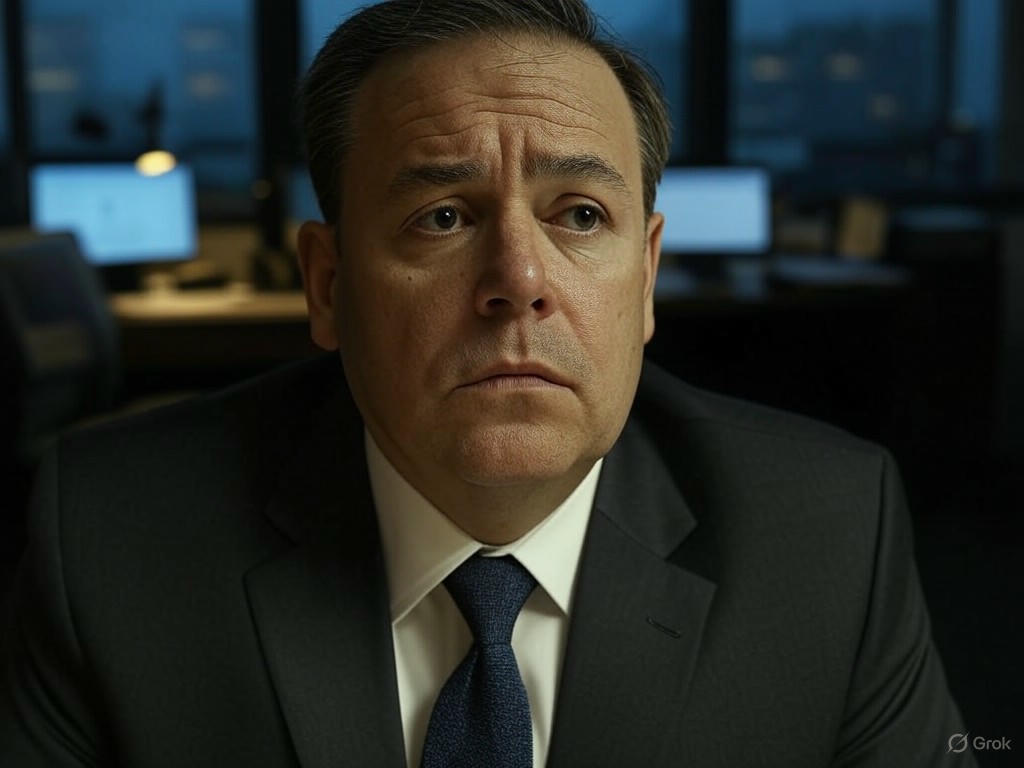HBO Max’s Leadership Woes: A Cultural Crossroads for American Media
In the ever-shifting landscape of American media, few stories are as perplexing as the current state of HBO Max under the stewardship of David Zaslav. Once heralded as a visionary in the entertainment industry, Zaslav now finds himself at the center of criticism for a lack of innovative direction at a time when streaming platforms are pivotal to cultural influence. With competitors like Netflix and Disney+ aggressively expanding their content libraries and technological reach, HBO Max’s apparent stagnation raises questions not just about corporate strategy but also about the broader implications for American storytelling and identity.
At the heart of the issue is Zaslav’s puzzling approach to growth—or rather, the lack thereof. Industry insiders have speculated that Zaslav initially banked on a political climate favorable to corporate mergers, perhaps anticipating that a particular administration’s return to power would ease regulatory hurdles. However, instead of pursuing bold acquisitions or partnerships, recent moves suggest a surprising retraction. Reports indicate that the company has scaled back on original programming and shelved several high-profile projects, leaving fans and creators alike scratching their heads. This retreat comes at a time when streaming services are increasingly seen as gatekeepers of culture, shaping narratives that define societal values and historical memory. When a platform like HBO Max, known for groundbreaking series and films, hesitates to invest in fresh content, it risks ceding ground to competitors who are more willing to take creative risks.
The ripple effects of this uncertainty extend far beyond quarterly earnings or subscriber numbers. HBO Max has long been a bastion of premium storytelling, a place where complex characters and challenging themes find a home. Its hesitation to forge ahead with new ideas could signal a troubling trend for the industry: a prioritization of short-term financial stability over long-term cultural impact. Analysts argue that this conservative stance might be a reaction to market volatility or shareholder pressure, but it also reflects a deeper crisis of vision at the executive level. If Zaslav and his team fail to adapt, they risk not only diminishing HBO Max’s legacy but also weakening the diversity of voices in American media. The platform’s iconic shows have often sparked national conversations—think of the social debates ignited by past originals. Without new content to drive such dialogue, the cultural void could be profound.
As the streaming wars intensify, the path forward for HBO Max remains unclear. Will Zaslav pivot toward a bolder strategy, embracing the innovative spirit that once defined the brand? Or will the company continue to shrink its ambitions, leaving a gap in the cultural landscape that others will rush to fill? For now, the industry watches with bated breath, aware that the decisions made in the coming months could shape not just a company, but the very fabric of American entertainment for years to come.


